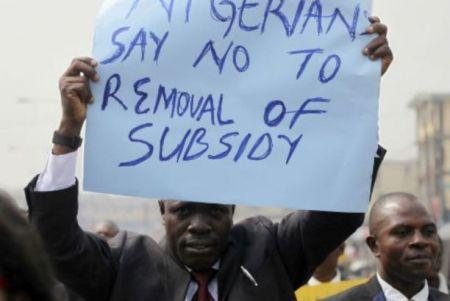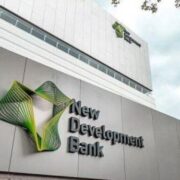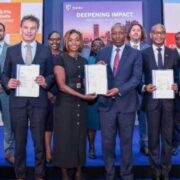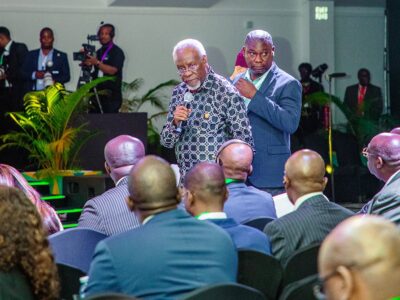
(Ecofin Agency) – Nigeria has to choose between satisfying its vulnerable population and reassuring international debt markets. The decision will be up to the newly elected president but, in any case, it will not be an easy one.
In international debt markets, Nigerian debt securities are being sanctioned by investors and have lost value, signaling a decline in investors’ interest. Technically, this does not affect the already existing securities, but if the West African country was to seek additional funds on international markets, this will come with higher interest rates, costing it more.
According to Bloomberg, which cites official documents, the sanctions came after a comment by Finance Minister Zainab Ahmed who indicated that there could be some delay in the removal of fuel subsidies, which are crippling Nigeria’s ability to repay its debts.
Institutions like the IMF and the World Bank have been urging Nigeria and many African countries to remove fuel subsidies claiming they only benefit wealthy individuals. The argument is sound and somehow consistent with ground realities. However, subsidy removal often results in a deterioration of purchasing power and hits vulnerable individuals the hardest.
The government of Nigeria’s soon-to-be ex-president, Muhammadu Buhari, promised to remove fuel subsidies, which are estimated to cost $13 billion by 2023. Now that the country is expected to have a new president from May 29, 2023, the decision will be up to the new government. But, with prices rising at double-digit rates, a currency that is depreciating against major foreign currencies, and climate risks that threaten to drive up food prices, the decision to remove subsidies may not be taken lightly. The mission will be a complex one for the commission set up to do so.
Even in developed economies like the European Union, due to high fuel prices, countries injected more than $360 billion in subsidies in 2022. Meanwhile, emerging countries, including those in Africa, injected just $110 billion in fuel subsidies, according to the International Energy Agency (IEA).
Nigeria illustrates the complex choice facing most Sub-Saharan African countries forced to import the energy they consume from markets where they have no control over prices. On the one hand, the income and purchasing power of most of their population is low. On the other, the rises in the price of gasoline usually cause shocks that are difficult to overcome in the short and medium term.











Comments